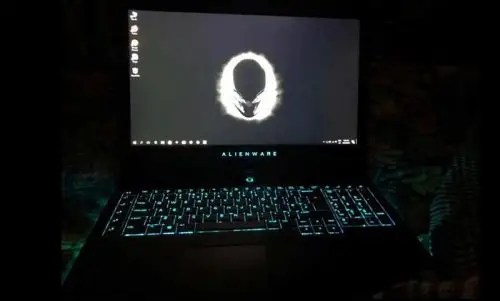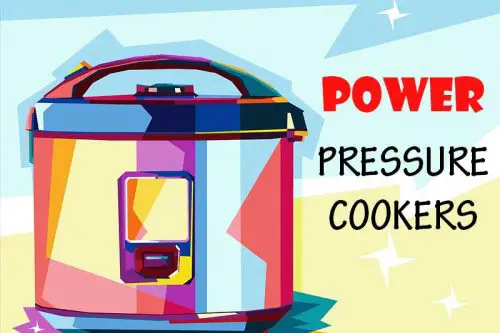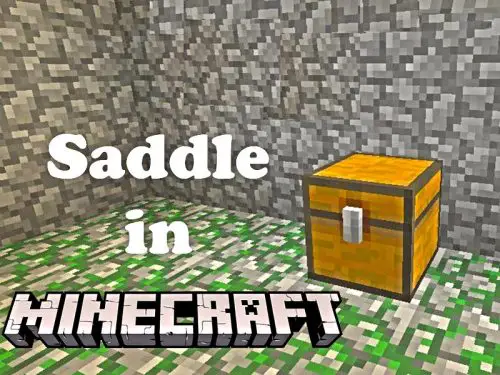How to Start Your Very Own Podcast?: Start your own podcast, why not when it’s so easy? Podcasting serves many purposes. You might be looking to build your business or establish yourself as a leading voice in your field. Perhaps you have an advocacy to spread. Or, maybe you just want to learn a new hobby and kill some time.
That being said, it’s not as simple as listening to someone else’s show. It takes time and commitment if you actually want to develop a good program and grow an audience. To help you out, we’ve broken down this process into three different phases:
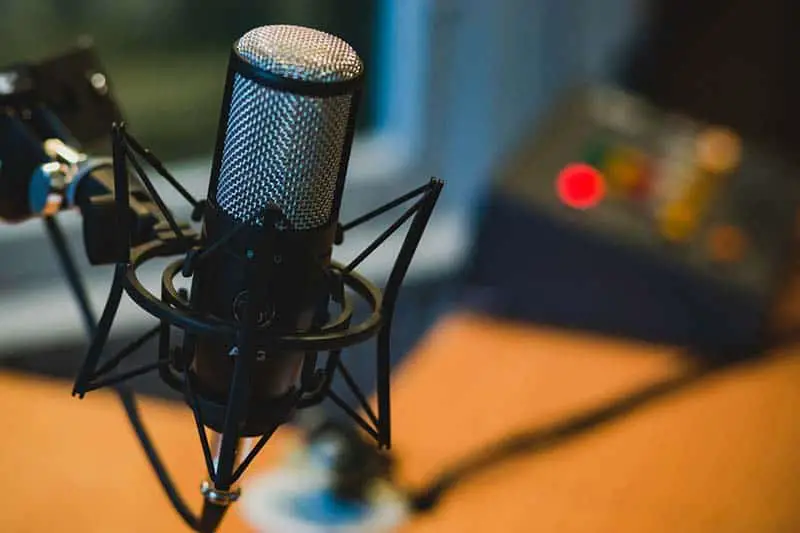
Inspiring your journey, one story at a time. #LifeFalcon.
Table of Content
Conceptualizing, Branding, Formatting
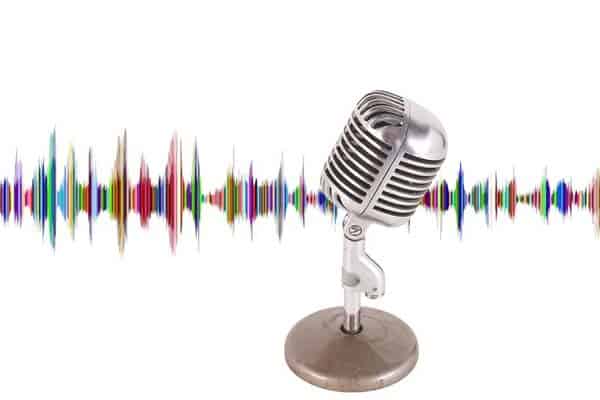
Choosing a topic
Podcasts cover just about every topic under (or beyond) the sun, and yours doesn’t have a limit either. (See best philosophy podcasts for beginners)
But first, you need to figure out your purpose for starting a podcast, and what you want to get out of it. Do you want more brand or name recognition, raise awareness on a certain issue, or to simply enjoy speaking to guests?
Whatever it is, the topic should be something that you know well so you can communicate it effectively to your listeners. Confidence is key, and that’s something that an audience will definitely notice.
Setting the tone
Identifying your goal also helps in setting the tone. For example, business-oriented podcasts are more formal, informative, and straight to the point.
On the other hand, podcasts for hobbyists don’t have to be serious at all — it can literally just be about two people having a very casual and humorous conversation.
Standing out
That said, the chances of your theme being the first of its kind is extremely slim. Reports indicate that there were over 750,000 active podcasts in 2019, which indicates an additional 200,000 compared to just the year before.
Though making a podcast is a lot of work, just about anyone can do it. That means that the community is growing everyday, and you need to figure out how to stand out from the rest.
Listen to existing podcasts on your concept and see if there’s anything to improve, add, or reframe for a fresh take.
Naming your show
Choosing a good title for your show is another way to get recognized. Pick one that is self-evident of the actual content, like Planet Money, The Happiness Lab, and Hidden Brain.
Also, note that the average title length of the most popular shows on Apple Podcasts is 22.6 characters.
Make sure that yours is concise so the title doesn’t get shortened; clear so that your audience knows what to expect; and, of course, unique so that it stands out from the crowd.
Picking a format
There are many different podcast formats to choose from, and you’re free to combine any of them.
However, when you’re still starting out, it might be more ideal to stick to one format to build consistency.
When you have a bit more experience, you can choose to experiment with any of these common formats:
• Solo-cast/solo commentary (Lore, Dan Carlin’s Hardcore History)
• Interviews (Armchair Expert, The Art of Manliness)
• Co-hosted/Conversational (Nancy, My Favorite Murder)
• Panel Discussions (Slate Political Gabfest, The BeanCast)
• Non-fiction Storytelling (Serial, Radiolab, This American Life)
• Fiction Storytelling (Welcome to Night Vale)
• The length of your podcast episodes is also up to you. As long as your content is of value, then your listeners will be happy with however long the episodes turn out to be.
Setting Up, Recording, Editing
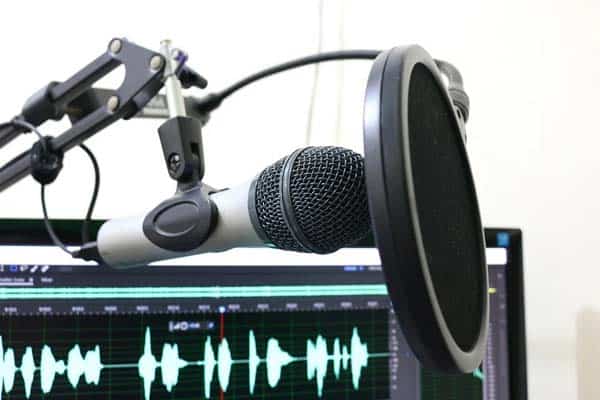
Setting up
Many successful hosts launched their podcasts in their living rooms. Anyone can set up their own home recording studio with professional audio equipment.
These are the basic tools you’re going to need and what you need them for:
• Microphone: For podcasts, your phone or the built-in microphone in your laptop simply won’t do. You need one that records quality sound, especially since that’s one of the main factors that affect your listenership. Even entry-level plug-in mics will do.
• Pop filter: Though not necessary, a pop filter eliminates popping sounds that can be very distracting to listeners.
• Headphones: This essential piece of equipment lets you hear what you actually sound like while recording. You’ll also need them for interviews.
• Recording and editing software: GarageBand (free on iOS) and Adobe Audition ($49.99/month) are two of the best options.
• ID3 editor: This essential tool edits ID3 tags or important track data such as track title and hostname.
• Podcast hosting platform: Before submitting your show to Apple or other podcast directories, a podcast hosting platform first stores and distributes your audio files.
• Design software: You can use Adobe Photoshop or free sites like Canva to create the cover art of your show, which is essential for branding and marketing.
Finding your flow
Before recording your first episode, try to come up with an outline. This will let you avoid the common mistake of digressing from your main topic. Some podcasters even go as far as typing up a monologue. If you do this, make sure that you don’t sound too scripted.
Fixing mistakes
It’s completely okay if your first try at recording doesn’t come out perfectly. That’s where editing comes in. You can remove the unnecessary bits as well as the background noise if any. You can also make your podcast feel more ‘whole’ by adding an intro and outro, or even a theme song for added production value with royalty-free music.
Submitting and Launching

Choosing a hosting platform and directory
Once you have your first few tracks, you’re now ready to upload to your hosting site of choice. SoundCloud, BuzzSprout, and Libsyn are some of the most popular options, and they’re also easy to navigate.
These will generate your RSS feed, which is how you get subscribers.
The specific steps will vary depending on each host, so it’s important to read through them carefully.
After ‘validating’ your podcast, you can already submit it to any of your chosen podcast directories.
These can be just one or a combination of Apple Podcasts, Spotify, Google Podcasts, TuneIn, and Stitcher, among others.
Releasing your work
After all that, then it’s time to formally launch your podcast! If you’re simply doing it for fun, you can spread the word to your family and friends on your social media accounts.
Getting celebrities and influencers to promote your show is also a great, albeit a more expensive, way to get the word out.



